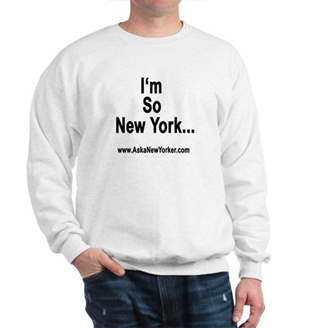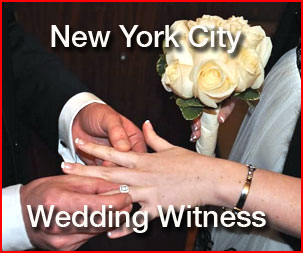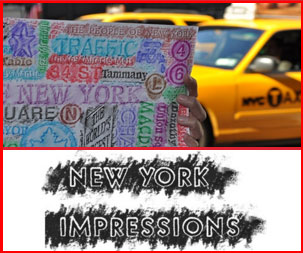Traveling to Washington, D.C. for work means taking the Amtrak Accela train from Penn Station. Penn Station was once a gleaming monument to New York’s greatness, but decades ago it was leveled, reduced to a subterranean maze of misery by the powers of commerce without conscience and New York’s Philistine tradition of tearing down some of its most beautiful historical landmarks in the name of progress.
Getting ready for the three-hour train ride to Washington meant stopping by one of the independent delis that still survive there amid the chain concessions. As I approached I saw a man in a red Guardian Angels jacket and red beret, and thought it was probably Curtis Sliwa. It was.
Curtis Sliwa was a night manager at a McDonald’s on Fordham Road in the Bronx when he decided to do something about New York’s Crime problem. He founded the Guardian Angels, an unarmed, unformed crime fighting group that started patrolling New York’s dangerous subways and streets. He didn’t ask permission or get political approval for what he was doing, he just did it. This was at a time when landlords were burning down their old buildings because the insurance money was worth more than the property was valued. The 1970s saw crime explode in every borough as a bankrupt New York City appealed to the federal government for help that never came and was forced to lay off police officers.
The Guardian Angels were the vanguard of resistance to the hopelessness that gripped New York. They didn’t have police approval and politicians dubbed them “vigilantes;” they didn’t care. The unarmed volunteers in their trademark red berets were a sign that people still cared about the city and were willing to put their lives on the line to make a difference.
It was not all straight shooting, though. Sliwa admitted that some of the early stories he told about Guardian Angel heroism were fabrications. Still, Sliwa was an anti-crime crusader before it was cool, a strong voice that cut through the blather of polite talk and gave the criminal class the harsh language it deserved. Even as New York started to turn around, Sliwa’s crime-fighting ways led to an attempt to kill him by the Gambino Crime Family.
Sliwa’s career as a broadcaster has almost always paired him with someone left-of-center to discuss and debate the issues of the day. His pairing with Ron Kuby on MSNBC was a highlight of the network’s earlier days before all of cable television spun into hyper-partisan outposts; they later reunited on AM radio.
I said hello and Curtis Sliwa shook my hand and give me his business card, asking me where I was from. I gave him my business card and told him I was from where I worked.
“No, where are you from? Born and raised?”
“I’m from the city originally and grew up mostly in Yonkers.” I didn’t want to give him my last two decades of history being a city resident, as we were waiting in line at the deli. Our wait was shortly over, and he bid me farewell.
The politicians who once spurned the Guardian Angels later embraced them, and they now operate in more than 130 cities in 13 countries. And Sliwa remains an outspoken personality in New York politics. He’s even vowed to run for New York City mayor next year.
Similar to Ed Koch, Curtis Sliwa is a personification of New York City and will always remain one of the defining personalities of our chaotic metropolis. My encounter with a legit New York City celebrity was brief, but it brightened my day.











